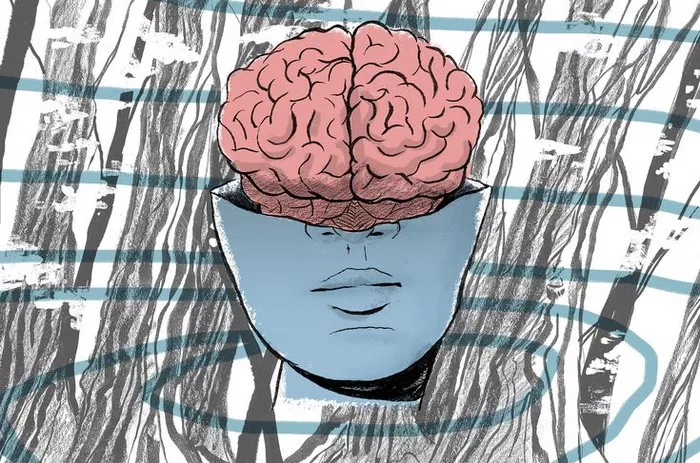The Supreme Court of India has expressed deep concern over the increasing number of student suicides and the severe mental health issues faced by students due to the pressure of India’s highly competitive education system. The Court described the relentless pressure to perform and the extreme competition for limited seats in prestigious institutions as placing a “terrifying burden” on students’ mental health.
A bench comprising Justices J.B. Pardiwala and R. Mahadevan, while hearing a suo motu case, emphasized the need for comprehensive guidelines to address the causes of distress among students. The Court noted that universities must acknowledge their role not only in academic excellence but also in the holistic development and well-being of their students.
“The failure to do so would mean failing the very purpose of education – to uplift, empower, and transform lives,” the bench stated. To tackle the growing mental health crisis and prevent suicides, the Court has constituted a National Task Force (NTF).
The NTF is tasked with addressing the mental health challenges faced by students in higher education institutions. The Court stressed that educational institutions should not only focus on academic achievement but must also ensure the emotional and psychological well-being of their students. Colleges, it said, should provide necessary support during times of distress and not merely exert authority over students.
The Supreme Court highlighted that the nation has already lost numerous young lives to suicide—students who, with adequate support, could have gone on to become successful professionals. These tragic losses, the Court said, exposed a serious lack of institutional empathy and accountability.
The bench also pointed to systemic failures in academic environments that have failed to address issues such as discrimination, harassment, and mental health concerns. These failures, the Court said, contributed to a culture of neglect, leading to devastating consequences for students.
Referring to reports of suicide incidents, the Court stressed that these were not isolated events but part of a broader pattern, exacerbated by factors such as ragging, academic pressure, caste-based discrimination, and sexual harassment. The Law Commission of India’s 210th report identifies suicide as a major cause of premature deaths, while data from the National Crime Records Bureau (NCRB) reveals a troubling trend: over 13,000 student suicides in 2021, nearly double the figure from a decade ago. In 2022, student suicides accounted for 7.6% of total suicides in India, with a significant portion attributed to academic and career-related issues.
The Court also addressed the issue of caste-based discrimination on campuses, stating that it continues to be pervasive in even the most prestigious educational institutions. This discrimination exacerbates feelings of alienation among students from marginalized communities, violating constitutional protections against caste-based inequality.
The bench further explained that universities must adopt the “loco parentis” principle, where institutions assume a parental role in safeguarding the welfare of students, especially those living away from home. This responsibility includes ensuring the overall well-being of students, beyond academic matters.
In response to the increasing student suicides, the Supreme Court has appointed former Supreme Court judge Justice S. Ravindra Bhat as the chairperson of the newly-formed National Task Force. The task force will include experts from diverse fields, such as Dr. Alok Sarin, a psychiatrist from Sitaram Bhartia Institute of Science and Research in New Delhi, to provide an interdisciplinary approach to tackling student suicides.
The Court has also directed the Centre to deposit Rs. 20 lakh within two weeks to fund the initial operations of the Task Force.
The directions came in the wake of an appeal filed by the parents of two students who committed suicide in 2023 while studying at the Indian Institute of Technology (IIT) Delhi. The parents had contested a January 2024 Delhi High Court order that had refused to direct the police to register an FIR in the case. The Supreme Court directed Delhi Police to register an FIR based on the families’ complaints.
This intervention by the Court underscores the urgent need for systemic reform in India’s educational institutions to safeguard the mental health of students and prevent further tragic losses.
Related Topics































